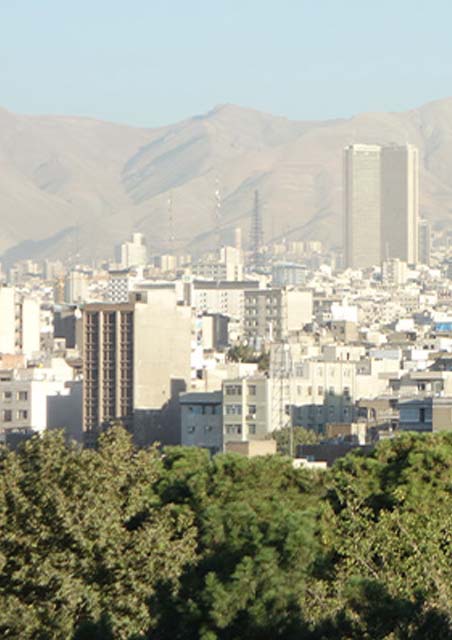Church in Sudan demolished – and more might follow
A church has been demolished without notice in Khartoum, in a move that reinforces the vulnerability of Sudan’s Christians since civil war broke out in April 2023.

Christians from a church in Khartoum, the capital of Sudan, watched on as their 35-year-old building was demolished for not complying with regulations – and there are fears more churches could be targeted.
The Pentecostal church in Haj Yousef in the north east of the capital was surrounded by two bulldozers, four trucks and three more large vehicles last Tuesday (8 July) before being razed to the ground. Police and officials from the Sudan Armed Forces (SAF) were amongst those present.
“They will target all churches in the outlying areas of the main cities and demolish them with a direct attack”
Rafat Samir
The church was not given legal notice of the demolition and there was no time to remove items from the building, which was built in 1990 and included a worship hall and administrative offices. Asked for an explanation, the authorities told church officials that it was part of the removal of unregulated buildings throughout Khartoum State.
According to an Open Doors local partner, the demolition happened a day after Abdel Fattah al-Burhan’s newly appointed de facto prime minister, Kamal Idris, met with the Sudan Council of Churches and talked about the relationship between the SAF and the church.
The SAF regained control of Khartoum in March 2025, two years after the paramilitary group the Rapid Support Forces (RSF) seized much of the city as civil war broke out between the two groups – a conflict that has exacerbated Sudan’s humanitarian crisis, with 11.6 million people displaced from their homes.
More churches at risk
Last month, Rafat Samir, a church leader and the chairman of the Evangelical Community Council for Sudan, warned that the future of the church in Sudan remains precarious under the SAF’s de facto government.
“They will target all churches in the outlying areas of the main cities and demolish them with a direct attack,” he said following last week’s incident. “As for the large churches within the city centres, they will target them by using other apparently lawful reasons to destroy the church buildings.”
More than 100 churches have been damaged or destroyed during the civil war, and Rafat explains why attempts to restore these will be virtually impossible:
“They will not allow the reconstruction of churches that were bombed and burned during the war,” he says. “There is a decision actually issued by the Urban Planning Department not to maintain or rebuild any building affected by the war without a permit, and a very large percentage of our churches are not permitted because the state does not give a permit to any church, no matter how many conditions it meets.”
Violation and vulnerability
“The church should have received communication in advance to ensure there is provision of an alternative place of worship – even if the demolition was carried out in accordance with existing regulations, as claimed by the de facto government,” says John Samuel*, Open Doors legal expert for work in the region.
“The destruction of the church building constitutes a clear violation of believers’ fundamental rights, including the freedom of religion and the right to peaceful assembly. We strongly urge the international community to pay attention to human rights violations against religious minorities and engage in dialogue with the de facto government and other key stakeholders that are working to address this and other broader issues in the country because of the conflict.
“People are extremely traumatised and this impacts our witness”
Rafat Samir
“It is also important to note that this incident reflects a broader pattern of pressure faced by Christians and highlights the fact that their vulnerability has increased during the time of crisis.”
This is reflected in other recent events. In the northern state of Shamaliya, mobs of extremists have started harassing Christians as they meet for worship, and many Christians report discrimination when claiming governmental aid packages. Sudan is number five on the World Watch List, a rise of three places on last year.
“People are extremely traumatised and this impacts our witness,” says Rafat. “Pray for Christians to receive emotional and spiritual healing from what they have seen in the war. It’s not just our building that have been broken down, but also our people.”
*Name changed for security reasons
- For healing for our brothers and sisters affected by this and other incidents, that God will be the strength of their hearts (Psalm 73:26)
- Against further demolitions and closures of churches, and for the de facto government to work hard to promote and protect religious freedom
- For peace in the country and for aid to reach all those in need, and that the church will be empowered in its witness during this challenging time.
Christian leaders across sub-Saharan Africa are calling on the global church to stand with them against violent persecution. Sign the global Arise Africa petition asking for protection, justice and restoration.




